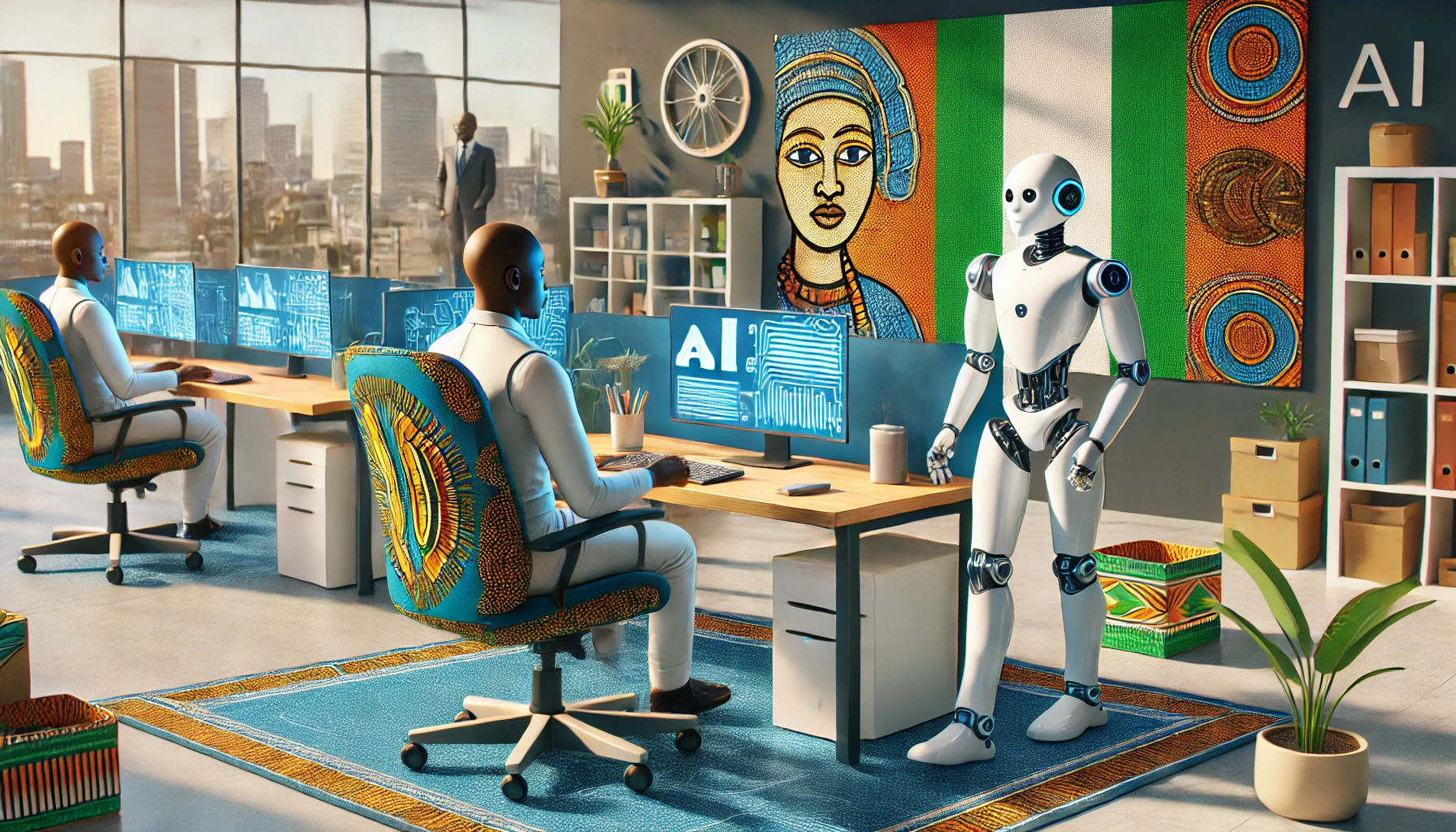Is ChatGPT the New Google or Just the Smartest Kid in Class?
Imagine walking into a bustling school hallway where students swarm around two lockers. One locker belongs to Google, the veteran champ, with decades of trophies lining its shelves. The other belongs to ChatGPT, the new prodigy whose astonishing answers and lightning fast wit have everyone talking. Some whisper that ChatGPT might just be the next big thing, while others insist it’s brilliant but still learning the ropes. Today we dive into this lively scene to ask the question on every tech enthusiast’s mind: Is ChatGPT the new Google or simply the smartest kid in class?
A Day in the Life of Curiosity
Picture a curious student named Ada who wakes up one morning with a burning question about the life cycle of a monarch butterfly. She strolls to Google’s locker, types in her query, and is met with hundreds of links, scientific papers, blog posts, educational videos. She combs through the list, clicking on sources to piece together a comprehensive answer. It works well but demands time and effort to discern which sources are reliable.
Later that day, Ada finds herself stumped while debugging code. She heads over to ChatGPT’s locker and poses her question. In an instant, ChatGPT not only explains the bug but also suggests optimized code snippets, offers alternative solutions, and even reminds Ada about best practices. It feels like having a seasoned mentor sitting right beside her.
Read More: Meet the Top Ten Greatest Tech Inventors
How Google and ChatGPT Approach Knowledge
Google never sleeps. It crawls and indexes the entire web, ranking pages by relevance, authority, and user signals. In many ways, Google is a vast library with the most well‑organized catalog system ever devised. For trivia, research, shopping, travel planning, and nearly every corner of human knowledge, Google remains unparalleled.
ChatGPT, on the other hand, is a large language model trained on a massive corpus of text. It generates human‑like responses, crafts essays, tells jokes, writes code, and even plays the role of a tutor. Instead of returning a list of documents, ChatGPT synthesizes information into coherent prose. It excels at conversation and context but does not inherently “know” the real‑time facts unless connected to a live data source.
Strengths of Google
- Unmatched breadth of indexed web pages
- Up‑to‑the‑minute news and live data
- Robust tools like Maps, Flights, Shopping, and Scholar
Strengths of ChatGPT
- Conversational, context‑aware replies
- Ability to generate and refine creative content
- Instant code assistance and interactive problem solving

Read More: Two Minds Are Better Than One and Google’s Gemini Proves It
Where Each Shines Brightest
When Ada needs to plan a cross‑country road trip, compare flight prices, or read breaking news, Google’s suite of specialized services remains her go‑to. It provides real‑time statistics, maps with live traffic updates, and price trackers that send alerts.
But when she’s brainstorming a short story, drafting a business proposal, or learning a new programming language, ChatGPT feels like the ideal study buddy. It remembers the context of their conversation, asks clarifying questions, and tailors responses to her skill level.
The Learning Curve and Accuracy
Google directs you to sources; users must interpret, skim for trustworthiness, and validate information. ChatGPT packages knowledge seamlessly but can sometimes hallucinate or present plausible‑sounding inaccuracies. When precision is nonnegotiable, cross‑checking with reliable sources remains essential.
In the classroom of information retrieval, Google teaches research skills and source evaluation. ChatGPT accelerates learning by offering explanations on demand but requires a discerning eye to catch occasional missteps.
Read More: ChatGPT Uncovered: What It Really Does (and Doesn’t Do!)
FAQ
How do I decide whether to use Google or ChatGPT for a query
Consider your goal. If you want a variety of perspectives, up‑to‑the‑minute data, or authoritative sources, Google is ideal. For conversational help, creative drafts, study explanations, or coding assistance, ChatGPT can save time.
Can ChatGPT replace Google entirely
Not yet. ChatGPT’s strengths lie in synthesis and conversation but it lacks live indexing and specialized services. The two often complement each other rather than compete head‑on.
Is there a way to use both tools together
Absolutely. You might begin with Google to gather raw information and then use ChatGPT to interpret, summarize, or rephrase those insights into compelling copy or code.
Which is better for SEO research
Google’s Keyword Planner, Trends, and Analytics give concrete metrics on search volume and competition. ChatGPT can brainstorm content ideas, propose title variations, and draft outlines that target those keywords.
Will ChatGPT get live updates like Google
Future versions may integrate real‑time data feeds, but as of now, ChatGPT’s knowledge cutoff limits its ability to fetch breaking news or live statistics.
Conclusion
In our lively school of information, Google remains the accomplished senior with decades of experience and specialized tools. ChatGPT is the rising star, dazzling peers with conversational finesse, creative spark, and instant expertise. Rather than viewing them as rivals, Ada and users everywhere can leverage both: using Google for depth, breadth, and live updates, and ChatGPT for context‑aware conversation, rapid prototyping, and personalized guidance. Together, they form the ultimate academic dream team, ensuring every question finds its perfect match.





Pingback: Neural Implants: Upgrading the Human Brain - Newline Tech